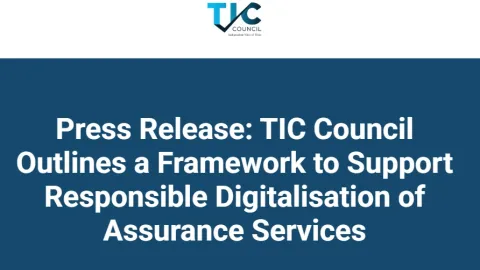News
Please note that you have to be a registered member with paid membership in order to see full articles.
Become a MemberSelected News
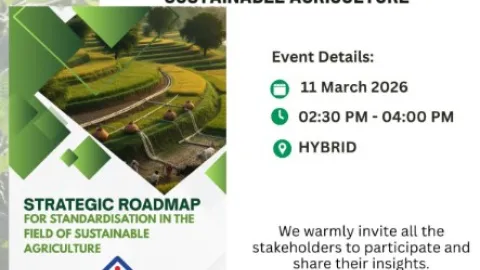
BIS Invites Stakeholders To Discuss Roadmap For Sustainable Agriculture Standards
The Bureau of Indian Standards (BIS) has invited stakeholders to a consultation meeting on March 11, 2026 to review and discuss a strategic roadmap for developing standards in the field of sustainable agriculture.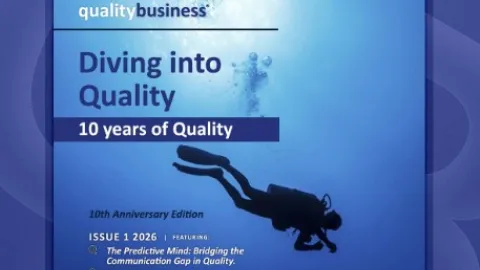
Quality Business Magazine Reaches Ten-Year Milestone With Anniversary Edition
Quality Business, the quarterly membership magazine of the New Zealand Organisation for Quality (NZOQ), has released a special anniversary edition marking ten years since the publication’s first issue in February 2016.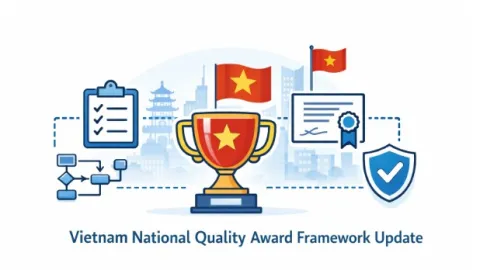
Vietnam Clarifies Rules For National Quality Award Participation
Vietnam is refining the regulatory framework for the National Quality Award to improve transparency and make it easier for businesses to participate in the program.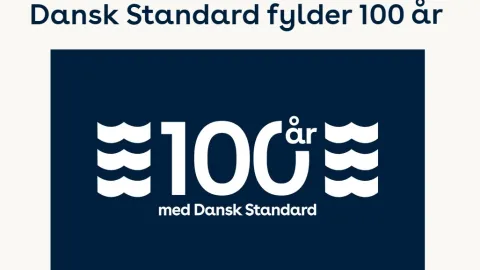
Danish Standards Celebrate A Century Of Standardization
The Danish national standards body DS is celebrating its 100th anniversary, marking a century of work supporting safety, trade, and innovation in Denmark.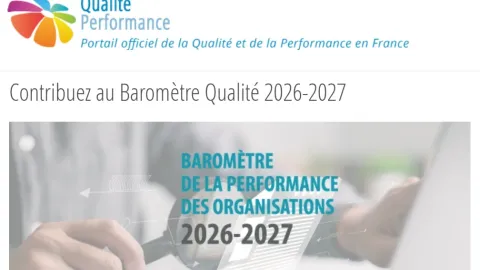
France Qualité Invites Professionals To Contribute To Quality Barometer 2026-2027
France Qualité is inviting quality and performance professionals to take part in the 2026-2027 edition of the Quality Barometer, an international survey designed to track how practices in quality, continuous improvement, and organizational performance are evolving.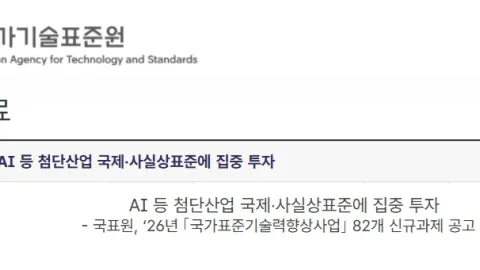
South Korea Funds 82 Projects To Strengthen AI And Advanced Industry Standards
South Korea is launching 82 new research and development projects to strengthen its role in global standards for artificial intelligence and other advanced industries.
ANSI Invites Experts To Lead U.S. TAG For Automation Standards
The American National Standards Institute (ANSI) is inviting experienced automation professionals to consider leadership roles in the U.S. Technical Advisory Group (TAG) to ISO/TC 184/SC 4, which contributes to international standards for automation systems and industrial data.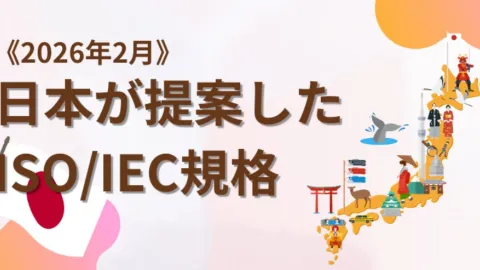
Three Japan-Proposed International Standards Reported In February Update
The Japanese Standards Association (JSA) has reported that three international standards proposed by Japan have reached the publication stage.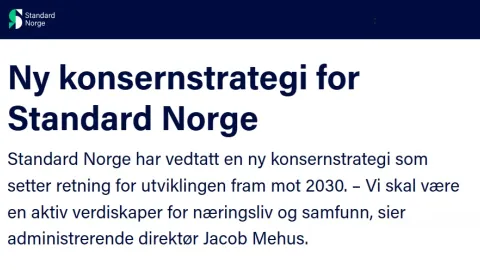
Standard Norway Adopts New Corporate Strategy Through 2030
Standard Norway (SN) has adopted a new corporate strategy to guide its work through 2030 and strengthen its ability to deliver standards that support safety, quality, efficiency and sustainability.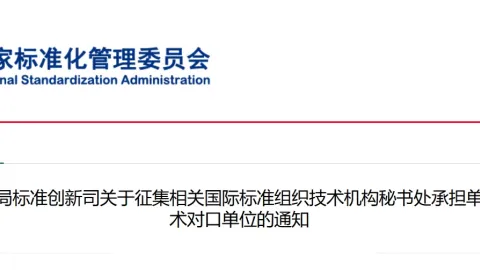
China Seeks Organizations For Avionics, Antenna Measurement And Digital Product Passport Standards Committees
China’s Standards Innovation Department of the State Administration for Market Regulation (SAMR) is seeking an organization to host the secretariat of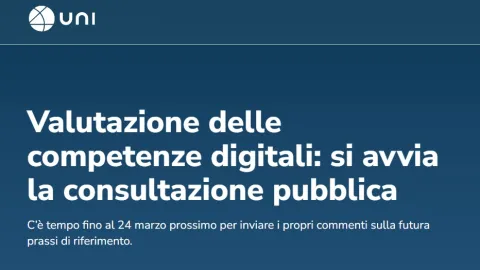
Italy Opens Consultation On Framework For Assessing And Certifying Digital Skills
Italy has opened a public consultation on a draft reference practice that would establish common rules for assessing and certifying digital competences.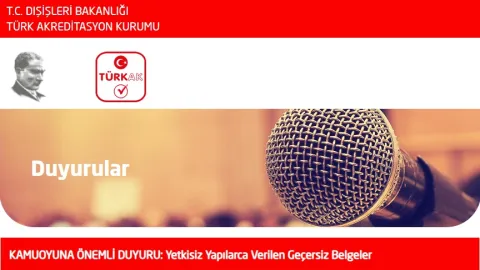
TURKAK Warns Against Unauthorized Certificates Issued by Foreign Bodies
The Turkish Accreditation Agency (TURKAK) has issued a public warning that some conformity assessment organizations operating in Türkiye are obtaining certificates from foreign entities that have no legal authority to provide accreditation in the country.Global News
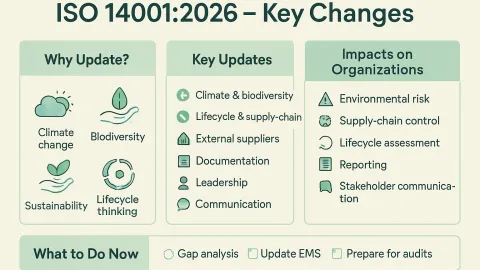
ISO 14001 Final Draft Approved For Publication
The Final Draft International Standard (FDIS) of ISO 14001 has been approved, paving the way for publication in mid April.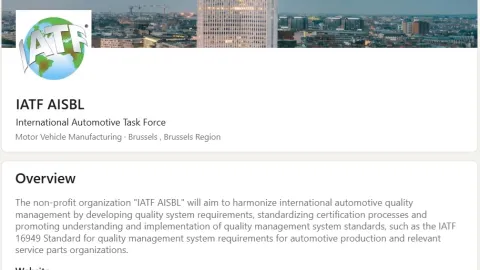
IATF Establishes Legal Entity, Ending Ad Hoc Structure
The International Automotive Task Force (IATF) has established a new legal entity, IATF AISBL, marking a shift from its previous structure as an ad hoc group of automotive manufacturers and their national industry associations.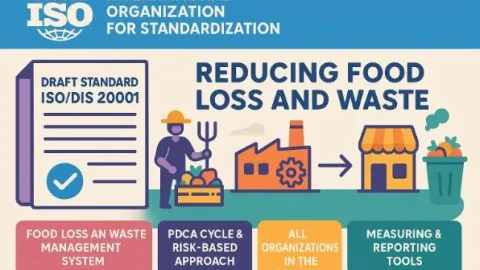
Have Your Say On Food Waste Management: ISO 20001 Survey
Harper Adams University is inviting professionals across the food chain to take part in a survey on ISO 20001, a proposed international management system standard designed to help organisations systematically reduce food loss and waste.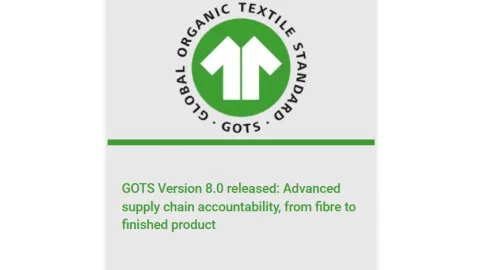
GOTS Version 8.0 Released With Expanded Due Diligence And Environmental Controls
Global Standard has released Version 8.0 of the Global Organic Textile Standard (GOTS),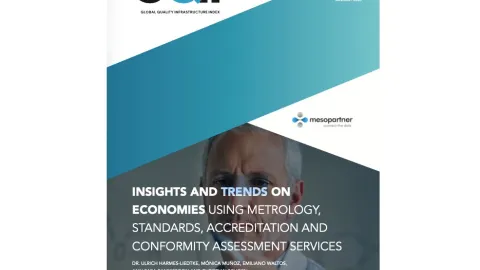
Global Quality Infrastructure Index 2025 Report Ranks Germany First as Certification and Accreditation Expand
The 2025 edition of the Global Quality Infrastructure Index (GQII) has been released, presenting updated rankings and new data on the development of national quality infrastructure systems.
BRCGS Announces 2026 EMEA Award Winners At Connect Europe
BRCGS has announced its 2026 award winners during BRCGS Connect Europe in London, recognizing individuals and organizations serving the Europe, Middle East and Africa (EMEA) region and adjacent markets.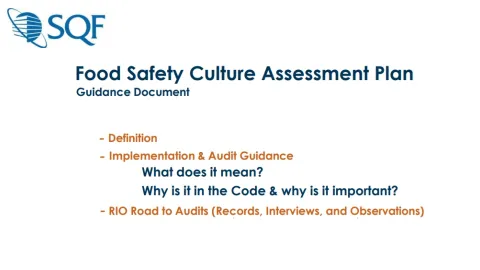
Food Safety Culture Becomes a Formal Certification Requirement Under SQF Edition 10
When SQF Edition 10 launches in March, food safety culture will be required and auditable as part of certification.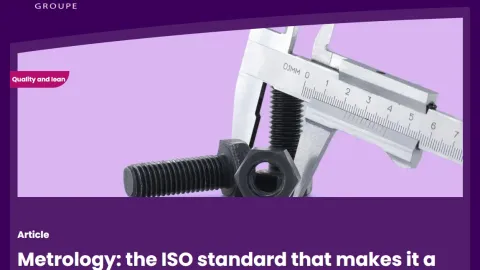
Revised ISO 10012 Reframes Metrology As A Management System
The revised ISO 10012 standard has been published, positioning metrology as an integral part of quality management systems rather than a standalone technical activity.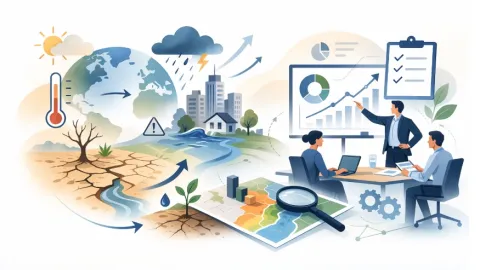
ISO 14091 Under Review To Ensure It Meets Climate Adaptation Needs
The International Organization for Standardization (ISO) is conducting a systematic review of ISO 14091 to determine whether it still meets the needs of organizations addressing climate change risks.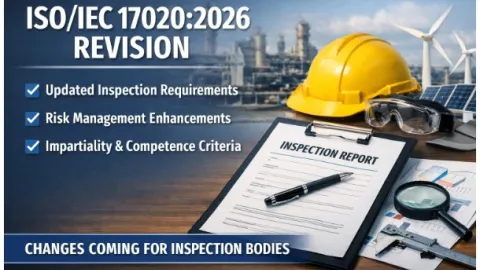
Six Changes Reshape ISO 17020 Requirements For Inspection Bodies
The 2026 revision of ISO/IEC 17020 introduces structural and conceptual updates that will affect how inspection bodies operate, particularly in areas such as independence, impartiality, complaints handling, and management systems.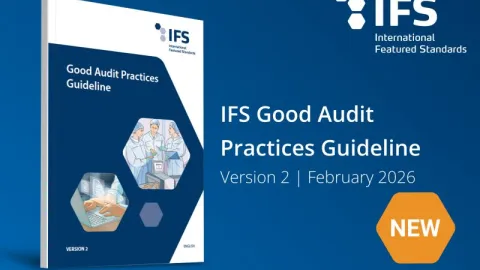
IFS Strengthens Audit Consistency With Good Audit Practices Guideline Version 2
IFS has released Good Audit Practices Guideline Version 2 to support auditors in delivering more consistent, high quality and effective audits across all IFS Standards.